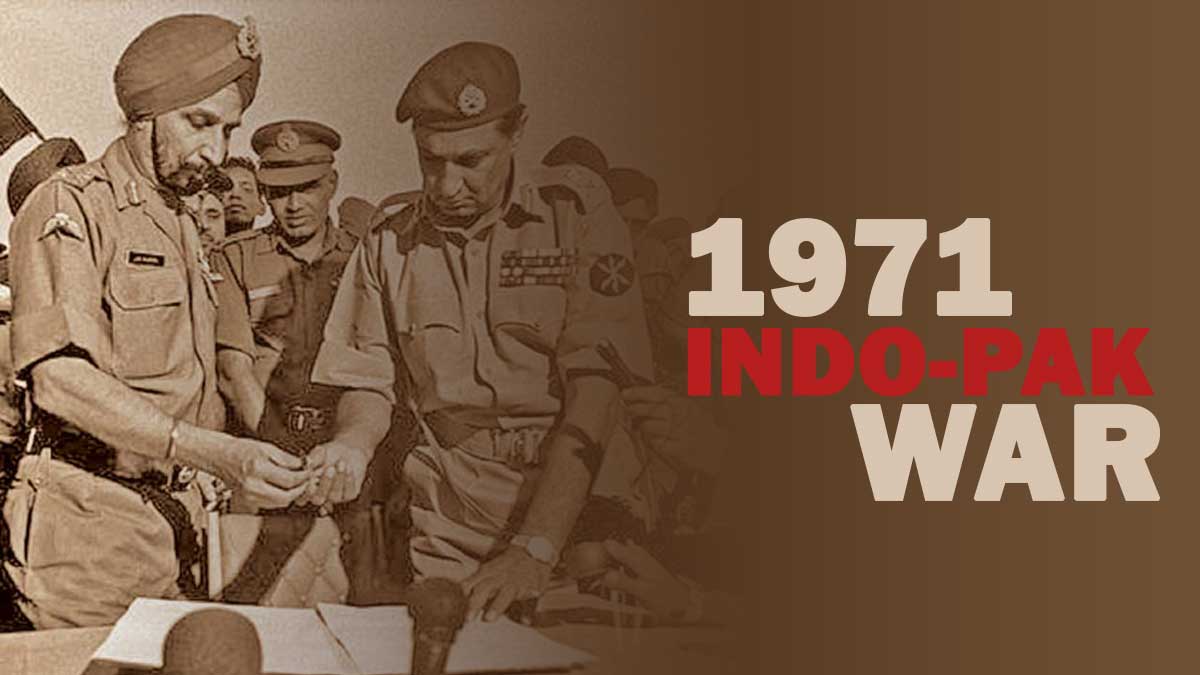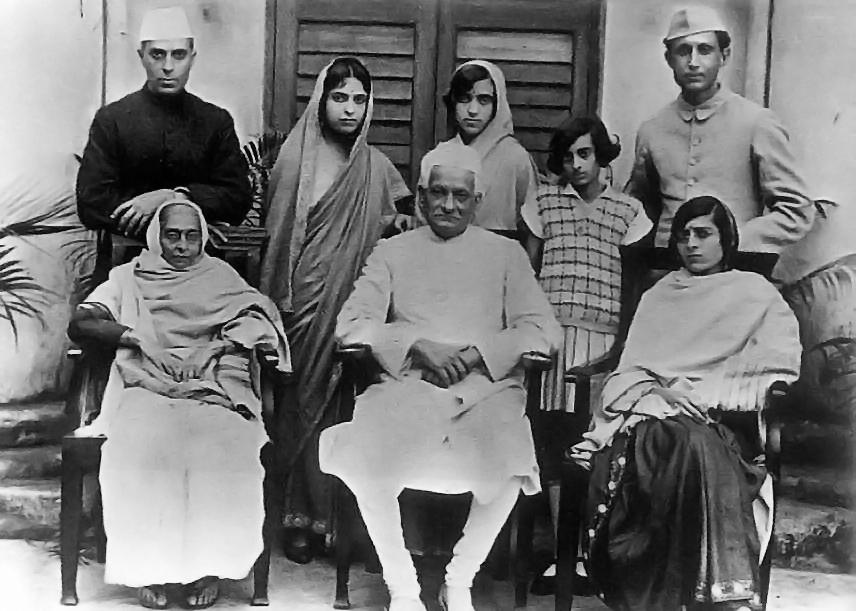India Pakistan War 1971: Leadership and Perspectives "The Birth of Bangladesh: India's Role in the 1971 Indo-Pak War" - Explore how India's intervention in the conflict led to the creation of Bangladesh and reshaped the geopolitical landscape of South Asia.

The 1971 India Pakistan war stands as a defining moment in the history of South Asia, marked by India’s decisive intervention to support the independence movement in East Pakistan, leading to the creation of Bangladesh. At the helm of this pivotal moment was Prime Minister Indira Gandhi, whose leadership and strategic decisions played a crucial role in shaping the outcome of the conflict. However, it is essential to also consider Pakistan’s perspective on this significant event, as it had profound implications for the nation’s identity and geopolitical standing.
Historical Context:
The roots of the 1971 war lie in the troubled relationship between East and West Pakistan following the partition of British India in 1947. Despite being geographically and culturally distinct, East and West Pakistan were bound together under a single state, leading to political and economic disparities and growing resentment among the Bengali population of East Pakistan.
Political Tensions and Humanitarian Crisis:
The situation in East Pakistan escalated in 1971 when the Pakistani military launched a brutal crackdown on the Bengali population, leading to widespread violence and atrocities. Millions of refugees fled to neighboring India, creating a humanitarian crisis of unprecedented proportions.
Indira Gandhi’s Dilemma:
As Prime Minister, Indira Gandhi faced a critical dilemma. On one hand, there was mounting pressure from the international community to intervene and address the humanitarian crisis. On the other hand, India had to consider the geopolitical ramifications of a potential conflict with Pakistan and its ally, the United States.
Indira Gandhi and P.N. Haksar. Photo: Nehru Memorial Library

Diplomatic Efforts:
Initially, India pursued diplomatic channels to address the crisis, seeking a peaceful resolution through international forums such as the United Nations. However, diplomatic efforts proved futile as Pakistan remained defiant, refusing to acknowledge the gravity of the situation in East Pakistan.
Military Preparedness:
While diplomatic efforts were underway, Indira Gandhi recognized the need for India to prepare militarily for any eventualities. The Indian armed forces were mobilized, and plans were drawn up to support the Bengali independence movement and liberate East Pakistan from Pakistani control.
Operation Vijay:
On December 3, 1971, Pakistan launched preemptive airstrikes on Indian airfields in an attempt to cripple the Indian Air Force. In response, India declared war on Pakistan, marking the beginning of Operation Vijay. The Indian military launched a coordinated campaign on multiple fronts, targeting Pakistani forces in East Pakistan.
Strategic Brilliance:
Indira Gandhi’s decision to support the Mukti Bahini, the Bengali freedom fighters, proved to be a strategic masterstroke. Indian forces, in collaboration with the Mukti Bahini, swiftly gained control of key territories in East Pakistan, putting immense pressure on the Pakistani military.
Regional Stability:
The 1971 war not only reshaped the dynamics between India and Pakistan but also had broader implications for regional stability in South Asia. The creation of Bangladesh introduced a new player into the regional geopolitical landscape, with implications for neighboring countries such as India, Pakistan, and China. The war served as a catalyst for redefining alliances and security strategies, influencing regional dynamics for decades to come.
Post-War Reconciliation:
In the aftermath of the conflict, efforts were made by both India and Pakistan to reconcile their differences and normalize relations. Diplomatic initiatives, such as the Shimla Agreement of 1972, aimed to address outstanding issues and establish a framework for peace and cooperation. However, deep-rooted mistrust and unresolved territorial disputes continue to strain relations between the two countries.
Humanitarian Impact:
Beyond the geopolitical and strategic considerations, the 1971 war had a profound humanitarian impact on the people of Bangladesh, who suffered immensely during the conflict. The war crimes and atrocities committed by the Pakistani military in East Pakistan left scars that continue to haunt the collective memory of Bangladesh. The liberation of Bangladesh represented a triumph of the human spirit over oppression and injustice, inspiring movements for freedom and self-determination worldwide.
Pakistan’s Perspective:
1. National Identity and Unity:
For Pakistan, the 1971 war represented a severe blow to its national identity and territorial integrity. The creation of Bangladesh shattered the vision of a unified Muslim state, leaving Pakistan divided into two geographically separate entities.
2. Political Turmoil:
The loss of East Pakistan led to a period of political turmoil and soul-searching within Pakistan. The military leadership faced criticism for its handling of the crisis, particularly the brutal crackdown on the Bengali population, which alienated the people of East Pakistan and fueled separatist sentiments.
3. Geopolitical Realities:
From Pakistan’s perspective, the 1971 war was not just a conflict with India but also a manifestation of broader geopolitical dynamics. Pakistan viewed India’s intervention in East Pakistan as an attempt to undermine its territorial integrity and influence in the region.
4. Military Strategy:
Pakistan’s military strategy during the war was primarily defensive, with a focus on holding key positions and repelling Indian advances. However, the rapid collapse of Pakistani forces in East Pakistan caught the military leadership off guard, leading to a swift and decisive Indian victory.
5. International Support:
Despite facing military defeat, Pakistan received diplomatic support from key allies, including the United States and China. Both countries sought to prevent India from gaining too much influence in the region and provided political and logistical support to Pakistan during the conflict.
6. Long-term Ramifications:
The aftermath of the 1971 war had profound and long-lasting ramifications for Pakistan. It forced the country to reassess its foreign policy and security priorities, leading to a more pronounced focus on building up its military capabilities to deter future conflicts.
7. Legacy of the War:
The legacy of the 1971 war continues to shape Pakistan’s national consciousness and its relations with India. The scars of the conflict, including the loss of territory and the humanitarian crisis, remain deeply ingrained in Pakistan’s collective memory.
8. Lessons Learned:
In the years following the war, Pakistan embarked on a process of introspection and soul-searching, seeking to learn from its mistakes and address the grievances that had led to the disintegration of East Pakistan. Efforts were made to decentralize power and accommodate the diverse ethnic and linguistic identities within the country.
Conclusion:
The 1971 Indo-Pak war, under the leadership of Indira Gandhi, reshaped the political landscape of South Asia and left a lasting impact on the region’s history. It demonstrated India’s willingness to stand up against injustice and support the aspirations of oppressed peoples. Indira Gandhi’s bold decision-making during this critical period remains a testament to her leadership and statesmanship. Meanwhile, Pakistan’s perspective on the war underscores the deep-seated ramifications it had for the nation’s identity and geopolitical standing, prompting introspection and reform in the aftermath of defeat.





One thought on “India Pakistan War 1971: Leadership and Perspectives
"The Birth of Bangladesh: India's Role in the 1971 Indo-Pak War" - Explore how India's intervention in the conflict led to the creation of Bangladesh and reshaped the geopolitical landscape of South Asia.
”